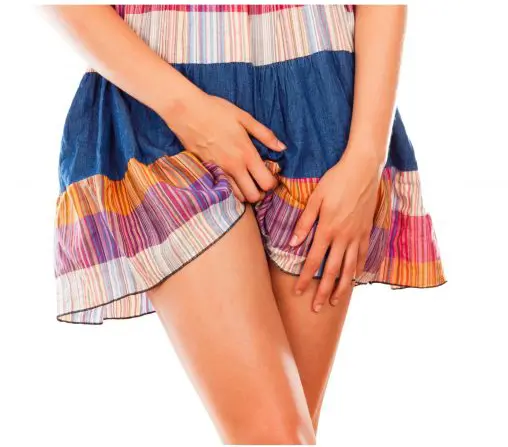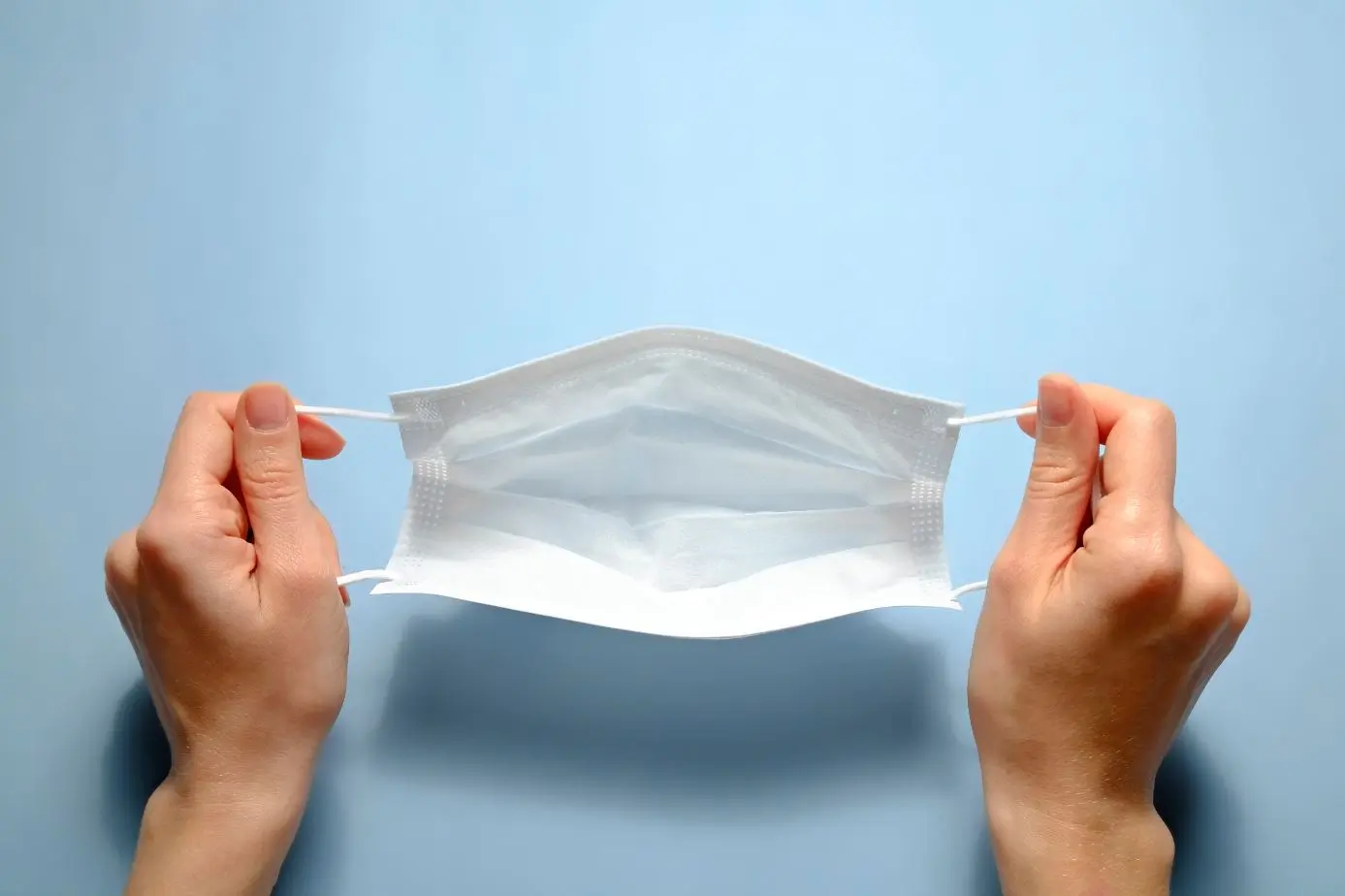Lichen Sclerosus
When women experience itchiness or irritation of the genital area, often the first assumption is that it’s thrush. Some women may buy over the counter thrush treatments, others may have thrush diagnosed and treated by a doctor. Either way, if the treatment works and the symptoms settle, then the diagnosis is probably correct. However, sometimes the itch and irritation continue or come back despite treatment, and in this case it’s very important that women return to see their doctor, as there are several other causes of itch and inflammation of the genital skin, and one of these is Lichen Sclerosus.
So, what is Lichen Sclerosus and what are the symptoms?
- Lichen Sclerosus is a skin condition that affects the skin around the vulva and/or anus.
- It can make the skin become thick, white and sometimes crinkled in appearance.
- Other symptoms of Lichen Sclerosus include itch and soreness around the vulva and anus. The itch may come and go, or it may be there most of the time.
- Scratching can lead to further irritation of the skin.
- Some women get scarring- the labia minora (inner lips of the vagina) may become flatter and the vaginal opening may become smaller. This may affect a woman’s ability to enjoy sex.
What causes Lichen Sclerosus and who gets it?
- It’s not known what causes Lichen Sclerosus- though we do know it’s NOT caused by an infection and is NOT contagious to others.
- Around 1 in 80 women get Lichen Sclerosus
- It seems to be more common in women who have other autoimmune illnesses, such as thyroid disease
- It can happen at any age, but is most common in middle-aged and elderly women.
Is Lichen Sclerosus serious?
- 4% of women with Lichen Sclerosus will develop vulvar cancer over time.
- Lichen Sclerosus is usually a lifelong condition, and therefore needs to be monitored by a doctor (usually a gynaecologist or dermatologist), to rule out precancerous changes.
How is Lichen Sclerosus diagnosed?
- A doctor can often diagnose Lichen Sclerosus by looking at the vulva.
- To confirm the diagnosis, referral to a specialist is usually advised-they may take a skin biopsy from the affected area, and send it to the laboratory for testing.
What is the treatment for Lichen Sclerosus?
- There is no cure for Lichen Sclerosus, though some treatments can help.
- Long term use of topical steroid cream is often advised.
- Regular check-ups with a specialist will usually be recommended, as well as reporting any new skin changes in the genital area to your doctor.
- Surgery may occasionally be needed to remove pre-cancerous skin.
- Surgery may also be advised if scarring has caused difficulty with having sex.
If you have any worries or concerns about Lichen Sclerosus, you should speak to your GP, gynaecologist or dermatologist.
Phimosis – tight foreskin
What is Phimosis? What is Phimosis? Phimosis is the medical word that describes a tight foreskin that cannot be pulled back past the head of the penis (glans). This [...]
Common cold or Coronavirus? How can you tell the difference?
Symptoms of Coronavirus or Common Cold? Unfortunately it is difficult to tell the difference between symptoms of Coronavirus and a common cold. A lab test is the only way [...]
How to get rid of hay fever
How to get rid of hay fever Hay fever is one of the most common reasons for people to attend their doctor in Spring and Summer, as pollen levels [...]






